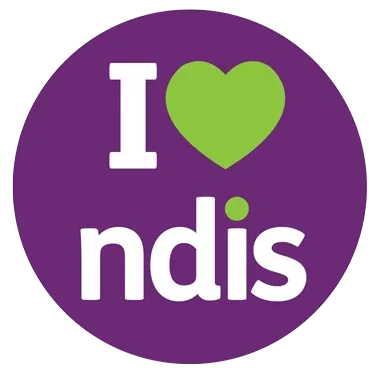Services
Continence Assessment and Management Training
Services
Get In Touch

Continence Assessment and Management Training
Continence Management Training gives NDIS high-intensity support workers the essential knowledge and hands-on skills to assist participants with bladder and bowel care. This training helps you provide respectful, safe, and effective continence support, improving comfort, dignity, and overall wellbeing.
What You’ll Learn:
- Understanding Continence
Learn about bladder and bowel health, causes of incontinence, and the impact of continence issues on daily life. Explore different types of incontinence and why personalised care is so critical
- Developing Continence Care Plans
Learn how to create and follow individual continence management plans. Understand continence aids and devices, such as pads, urinals, catheters, and commodes.
- Safe Support Techniques
Master safe hygiene and infection control practices for personal care. Learn how to provide support with toileting, changing, and maintaining skin health.
- Promoting Dignity and Independence
Focus on respectful communication, privacy, and supporting participant independence in all continence care activities.
- Preventing and Managing Complications
Recognise early signs of problems such as infections, skin breakdown, or constipation, and know when to seek medical advice.
- Documentation and Compliance
Ensure accurate, timely record-keeping and follow NDIS standards and guidelines for quality continence care.
Build your confidence and skills in continence support—enrol in Continence and Management Training with Skill Building Hub today!

Epilepsy and Seizure Support Training
Continence Management Training gives NDIS high-intensity support workers the essential knowledge and hands-on skills to assist participants with bladder and bowel care. This training helps you provide respectful, safe, and effective continence support, improving comfort, dignity, and overall wellbeing.
What You’ll Learn:
- Understanding Continence
Learn about bladder and bowel health, causes of incontinence, and the impact of continence issues on daily life. Explore different types of incontinence and why personalised care is so critical
- Developing Continence Care Plans
Learn how to create and follow individual continence management plans. Understand continence aids and devices, such as pads, urinals, catheters, and commodes.
- Safe Support Techniques
Master safe hygiene and infection control practices for personal care. Learn how to provide support with toileting, changing, and maintaining skin health.
- Promoting Dignity and Independence
Focus on respectful communication, privacy, and supporting participant independence in all continence care activities.
- Preventing and Managing Complications
Recognise early signs of problems such as infections, skin breakdown, or constipation, and know when to seek medical advice.
- Documentation and Compliance
Ensure accurate, timely record-keeping and follow NDIS standards and guidelines for quality continence care.
Build your confidence and skills in continence support—enrol in Continence and Management Training with Skill Building Hub today!

